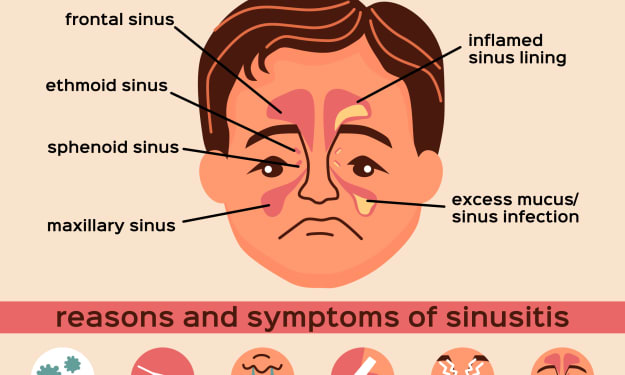Explain Hypospadias and Its Treatment.
Hypospadias

Hypospadias is a common condition that is treatable by modest surgical surgery. Surgical surgery is the most effective method for treating hypospadias. In hypospadias, the entrance of the urethra is on the underside of the penis, near the head of the penis, in the midshaft, or at the base of the penis, and very rarely in or below the scrotum. The condition's severity varies.
SCI is the best Hospital for Hypospadias Surgery in Delhi.
These are the symptoms and indicators of hypospadias:
Opening of the urethra at a site other than the penis tip.
The sloping shape of the penis
The penis's hooded look
Abnormal splashing during urination
The unknown is the exact cause of hypospadias. Occasionally, it can be inherited. It may be caused by a hormonal imbalance that causes aberrant urethral development.
The most prevalent risk factors for hypospadias are familial history, maternal age above 40, smoking, and chemical exposure. Visit the premier multispecialty hospital, SCI Hospital, for treatment.
Your infant may not require correction in moderate circumstances. In moderate to severe cases, however, a surgical correction is necessary to prevent sexual dysfunction in later life.
Hypospadias repair
Hypospadias correction is a surgical procedure to fix a congenital abnormality in the penis opening. It is conducted between three months and two years of age. The excess tissue of the foreskin is corrected after surgery.
Before the operation
Before the surgery, your surgeon will review your child's medical history and ensure that he or she is healthy enough to undergo the procedure. If he is unwell, the operation may be postponed. Follow your doctor's instructions for taking your medication.
During the Treatment,
Your youngster is administered a general anesthetic to render him ignorant of the procedure. Mild flaws can be fixed with a single surgery, but serious flaws may necessitate two or more surgeries. The surgeon uses a little piece of the foreskin from another location to form a tube that lengthens the urethra, allowing the penis to open at its points. The surgeon may then insert a catheter to maintain the urethra's new shape. The catheter is sewn to the penis's head to keep it in place, and it will be removed following surgery. The surgical sutures will disintegrate on their own.
Why is it carried out?
The purpose of Hypospadias Surgery Treatment is to alleviate difficulties that may arise in later life, such as difficulty controlling and directing the urine stream, diminished fertility, and humiliation regarding the look of the penis.
What hazards does the operation pose?
These are the hazards of the procedure:
A hole that causes urine to leak.
The large clump of blood
Scarring or constriction of the urethra after repair.
After the Surgery
Your surgeon may recommend that you take home care instructions after surgery. They consist of:
Observe the recuperation of your son and the surgery site.
Allow your child to play with the toys for only one or two days (to prevent the risk of infection)
Use multiple diapers to offer extra padding.
Your child should not be bathed for at least one week. Maintain his cleanliness by wiping him down with a moist sponge.
Immediately consult your surgeon if you observe any of the following symptoms in your son.
Severe Fever
Having difficulty urinating
Discoloration at the penis's tip
Ineffectiveness of pain medicines
Blood loss at the surgery site
Do not become anxious about the surgery. Do not be afraid to ask questions about the surgery, and if feasible, bring a friend or family member for support on the day of the procedure. Your child's procedure is regarded as safe and effective. Surgical restoration is permanent and restores the penis to normal, healthy function.
About the Creator
SCI International Hospital
SCI Hospital Super Specialty Hospital In Delhi with the latest equipment and facilities focused on Urology, Genecology & Obstetrics, ENT and Cosmetic Surgeries.






Comments
There are no comments for this story
Be the first to respond and start the conversation.